Octopus dumpling stand finds out it’s not always easy helping others, but finds a way to do it anyway with some heartwarming help.
charity
Hayao Miyazaki’s son creates a new anime character on behalf of Studio Ghibli despite programme’s embezzlement scandal.
The 2011 anime series Hanasaku Iroha and its film are now streaming on YouTube for free for residents of Japan with proceeds going towards aid.
One of Japan’s leading art directors leads the way in raising funds for an issue that’s close to his heart.
Says that “the trampling of a peaceful and democratic Ukraine by unjustified force is a challenge to democracy.”
School staff, Tsukuba farmers, and local businesses all pitch in.
Naomi and Mari Osaka’s ultra-cute cloth masks will have a second sales period, and this time international fans can buy some too!
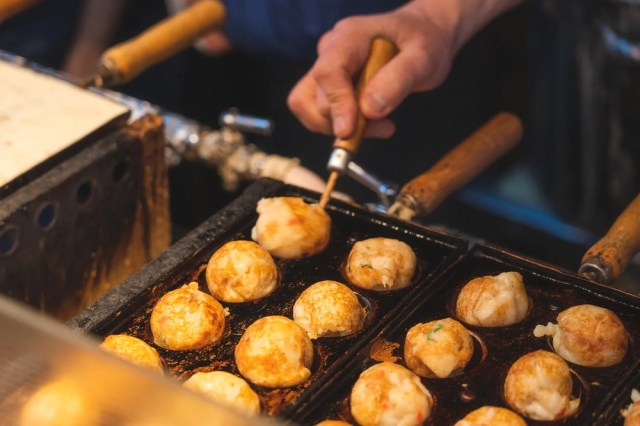

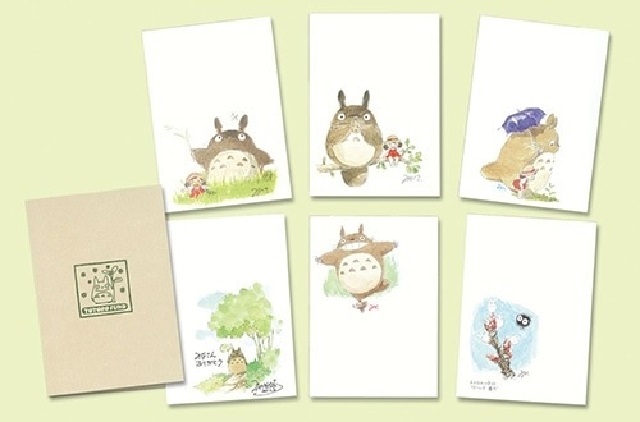

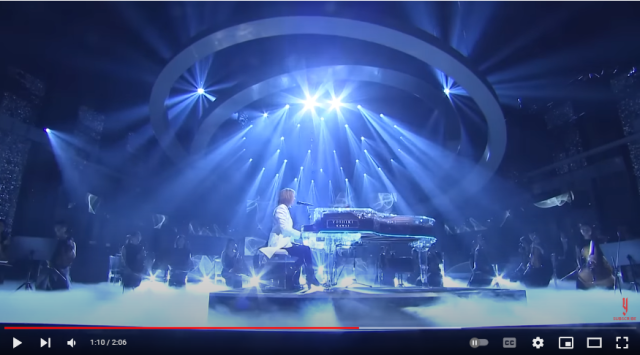
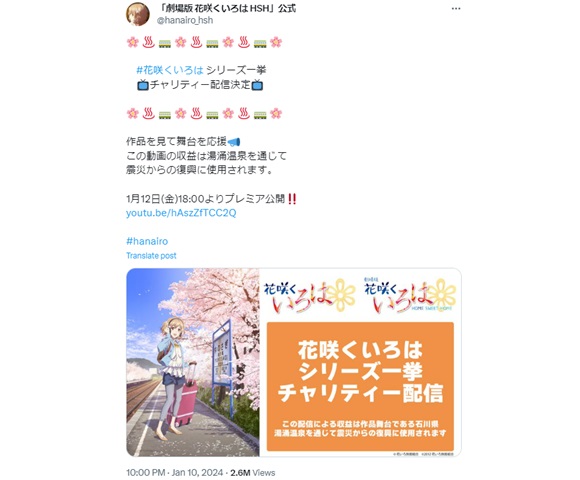
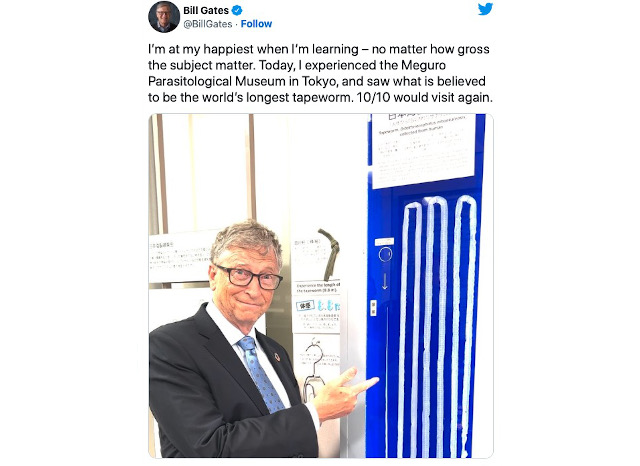

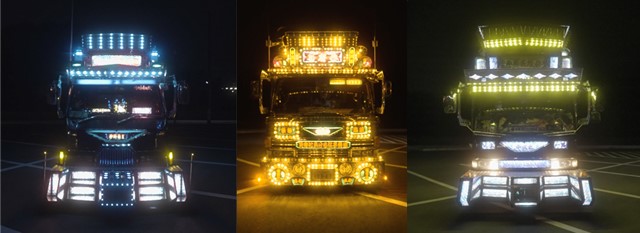
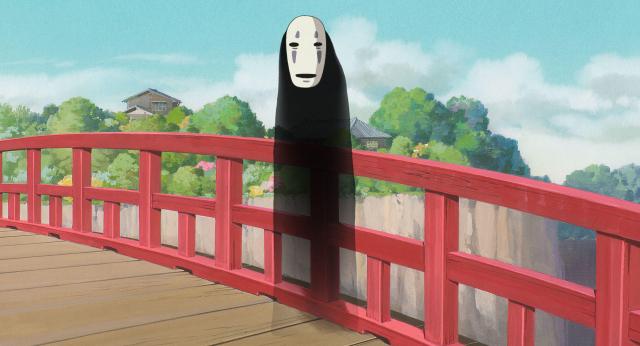
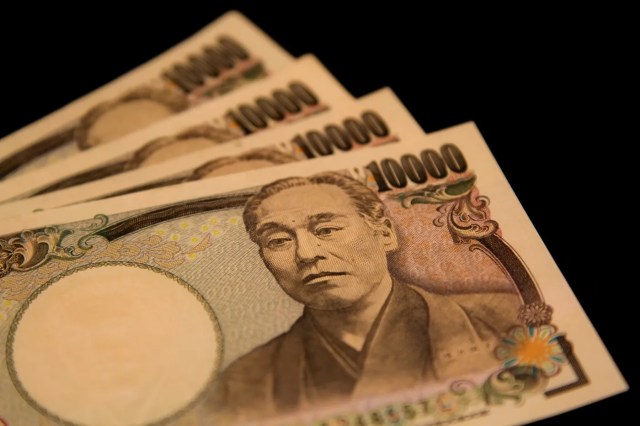
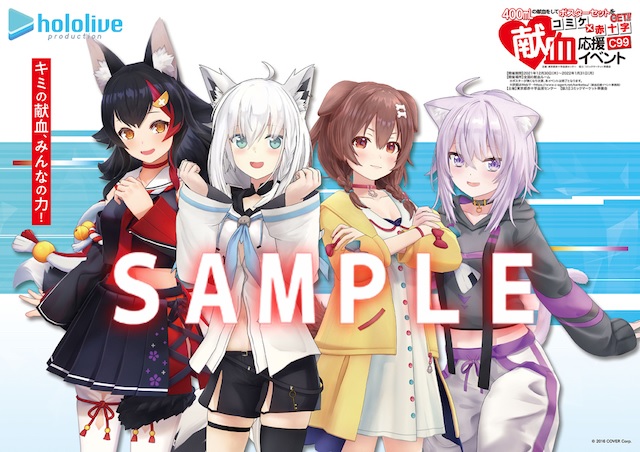
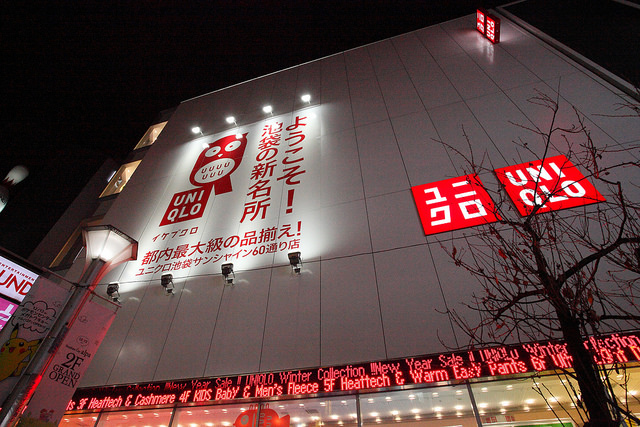
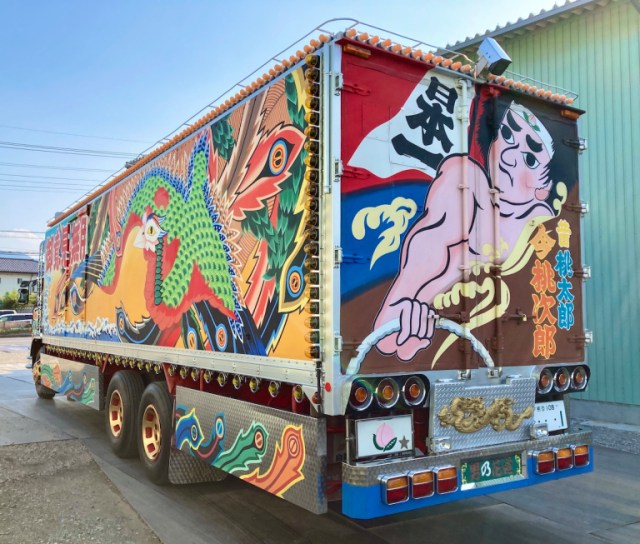
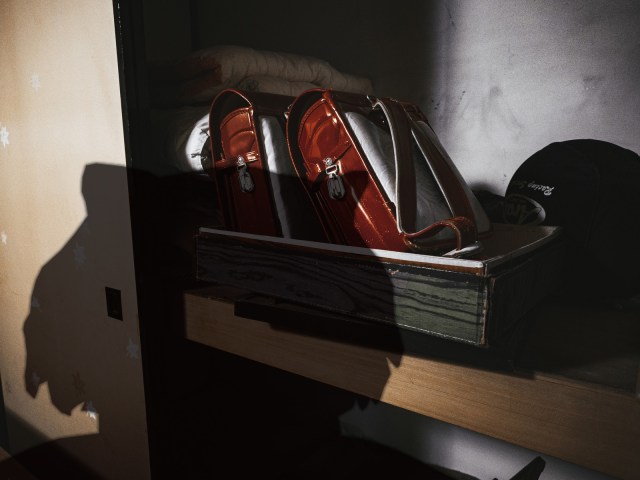

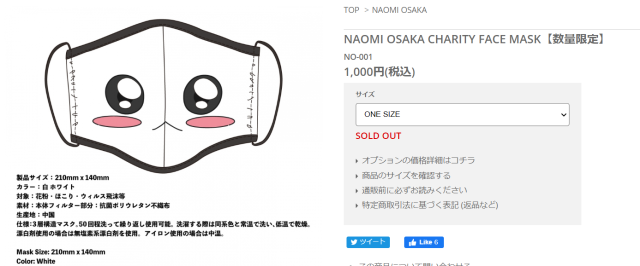
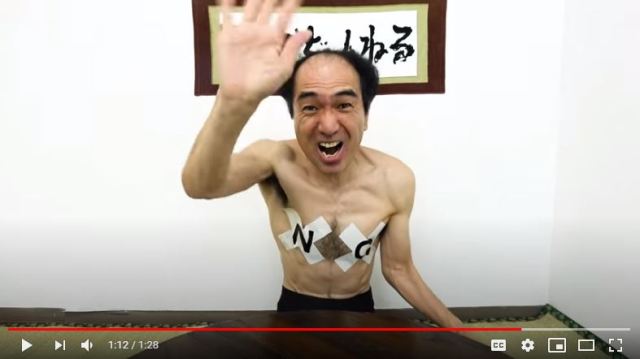
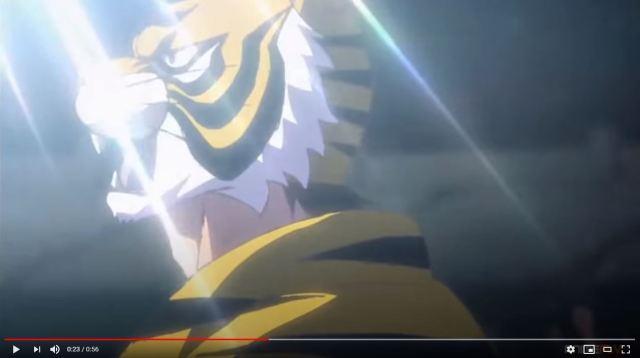
 Non-tourist trap fish market in northeastern Japan captures our hearts with amazing sashimi
Non-tourist trap fish market in northeastern Japan captures our hearts with amazing sashimi Shibuya Burger King releases tongue-in-cheek poster to announce it will be closed on Halloween
Shibuya Burger King releases tongue-in-cheek poster to announce it will be closed on Halloween Kyoto becomes City of Yokai, with Night Parade of One Hundred Demons festival this autumn
Kyoto becomes City of Yokai, with Night Parade of One Hundred Demons festival this autumn What’s the deal with akebi, the perfectly purple, alien-like fruit that’s in season now in Japan?
What’s the deal with akebi, the perfectly purple, alien-like fruit that’s in season now in Japan? Studio Ghibli reveals new range of fluffy Totoro tummy towels
Studio Ghibli reveals new range of fluffy Totoro tummy towels One of Japan’s most awesome rail passes, the Seishun 18 Ticket, just got a lot less awesome
One of Japan’s most awesome rail passes, the Seishun 18 Ticket, just got a lot less awesome Why was the Lithuanian ambassador to Japan working in a fast food beef bowl joint in Tokyo?
Why was the Lithuanian ambassador to Japan working in a fast food beef bowl joint in Tokyo? Foreign tourist angers locals for doing pull-ups on torii gate at shrine in Japan
Foreign tourist angers locals for doing pull-ups on torii gate at shrine in Japan McDonald’s Japan debuts new anime girl mascot character with incredibly long name
McDonald’s Japan debuts new anime girl mascot character with incredibly long name Korean basketball coach humiliates player live on TV, tapes his mouth shut
Korean basketball coach humiliates player live on TV, tapes his mouth shut Totoro, Calcifer, other Ghibli stars returning as humidifiers ahead of Japan’s dry winter days【Pics】
Totoro, Calcifer, other Ghibli stars returning as humidifiers ahead of Japan’s dry winter days【Pics】 Is downtown Tokyo’s crazy cheap 290-yen bento boxed lunch shop still around, and is it still cheap?
Is downtown Tokyo’s crazy cheap 290-yen bento boxed lunch shop still around, and is it still cheap? Meet the kind Japanese grandpa who takes photos for tourists at the Hachiko statue in Shibuya
Meet the kind Japanese grandpa who takes photos for tourists at the Hachiko statue in Shibuya Studio Ghibli releases new “Butterflies in the Forest” Totoro towels
Studio Ghibli releases new “Butterflies in the Forest” Totoro towels Studio Ghibli releases new mug tumblers featuring anime movie characters
Studio Ghibli releases new mug tumblers featuring anime movie characters How to power up the coolest cheap souvenir from Nintendo’s official shop with a trip to Daiso
How to power up the coolest cheap souvenir from Nintendo’s official shop with a trip to Daiso Line of foreign tourists leads us to Akihabara’s meatiest fatty ramen【Taste test】
Line of foreign tourists leads us to Akihabara’s meatiest fatty ramen【Taste test】 Japanese convenience store Family Mart announces abolishment of eat-in spaces
Japanese convenience store Family Mart announces abolishment of eat-in spaces Studio Ghibli releases new insect whistle necklace from Nausicaä of the Valley of the Wind
Studio Ghibli releases new insect whistle necklace from Nausicaä of the Valley of the Wind Totoro sequel anime Mei and the Baby Catbus will screen at Ghibli Park this winter
Totoro sequel anime Mei and the Baby Catbus will screen at Ghibli Park this winter Starbucks Japan unveils Halloween Frappuccino for 2024, and it’s like drinking a magic spell
Starbucks Japan unveils Halloween Frappuccino for 2024, and it’s like drinking a magic spell Evangelion creator Hideaki Anno returning to anime with new project for 50-year-old franchise
Evangelion creator Hideaki Anno returning to anime with new project for 50-year-old franchise Studio Ghibli releases new Howl’s Moving Castle goods that capture the magic from the anime movie
Studio Ghibli releases new Howl’s Moving Castle goods that capture the magic from the anime movie Adult Jam Bread causes a stir at store in Tokyo
Adult Jam Bread causes a stir at store in Tokyo Right now is the peak time to go to Tokyo’s most-beautiful-view beer garden【Photos】
Right now is the peak time to go to Tokyo’s most-beautiful-view beer garden【Photos】 Pizza Hut adds a “Guilty Secret” sandwich to its menu for a limited time
Pizza Hut adds a “Guilty Secret” sandwich to its menu for a limited time McDonald’s new Happy Meals offer up cute and practical Sanrio lifestyle goods
McDonald’s new Happy Meals offer up cute and practical Sanrio lifestyle goods Foreign tourists on Shinkansen bullet train break suitcase etiquette, angering local passengers
Foreign tourists on Shinkansen bullet train break suitcase etiquette, angering local passengers [Deleted] Article written for April Fool’s Day 2018
[Deleted] Article written for April Fool’s Day 2018 Japanese government to make first change to romanization spelling rules since the 1950s
Japanese government to make first change to romanization spelling rules since the 1950s Foreigner’s request for help in Tokyo makes us sad for the state of society
Foreigner’s request for help in Tokyo makes us sad for the state of society Ghibli founders Toshio Suzuki and Hayao Miyazaki contribute to Japanese whisky Totoro label design
Ghibli founders Toshio Suzuki and Hayao Miyazaki contribute to Japanese whisky Totoro label design Tokyo’s most famous Starbucks is closed
Tokyo’s most famous Starbucks is closed Princesses, fruits, and blacksmiths: Study reveals the 30 most unusual family names in Japan
Princesses, fruits, and blacksmiths: Study reveals the 30 most unusual family names in Japan Doraemon found buried at sea as scene from 1993 anime becomes real life【Photos】
Doraemon found buried at sea as scene from 1993 anime becomes real life【Photos】 One of Japan’s most awesome rail passes, the Seishun 18 Ticket, just got a lot less awesome
One of Japan’s most awesome rail passes, the Seishun 18 Ticket, just got a lot less awesome Why was the Lithuanian ambassador to Japan working in a fast food beef bowl joint in Tokyo?
Why was the Lithuanian ambassador to Japan working in a fast food beef bowl joint in Tokyo? Foreign tourist angers locals for doing pull-ups on torii gate at shrine in Japan
Foreign tourist angers locals for doing pull-ups on torii gate at shrine in Japan McDonald’s Japan debuts new anime girl mascot character with incredibly long name
McDonald’s Japan debuts new anime girl mascot character with incredibly long name Korean basketball coach humiliates player live on TV, tapes his mouth shut
Korean basketball coach humiliates player live on TV, tapes his mouth shut Line of foreign tourists leads us to Akihabara’s meatiest fatty ramen【Taste test】
Line of foreign tourists leads us to Akihabara’s meatiest fatty ramen【Taste test】 Studio Ghibli releases new “Butterflies in the Forest” Totoro towels
Studio Ghibli releases new “Butterflies in the Forest” Totoro towels Starbucks Japan unveils new limited-edition Frappuccino for autumn
Starbucks Japan unveils new limited-edition Frappuccino for autumn Our Osaka native taste-tests the extra-expensive, extra-large Bikkuri Takoyaki octopus balls
Our Osaka native taste-tests the extra-expensive, extra-large Bikkuri Takoyaki octopus balls Japanese government wants to acquire original anime and manga art for creation of national archive
Japanese government wants to acquire original anime and manga art for creation of national archive How to power up the coolest cheap souvenir from Nintendo’s official shop with a trip to Daiso
How to power up the coolest cheap souvenir from Nintendo’s official shop with a trip to Daiso 4 Days in Tohoku, Japan’s Northeastern Treasureland
4 Days in Tohoku, Japan’s Northeastern Treasureland Hey, Japanese taxi driver! Take us to the best horror in Tokyo!
Hey, Japanese taxi driver! Take us to the best horror in Tokyo! The 10 most attractive Japanese women’s names, as chosen by dating app users
The 10 most attractive Japanese women’s names, as chosen by dating app users